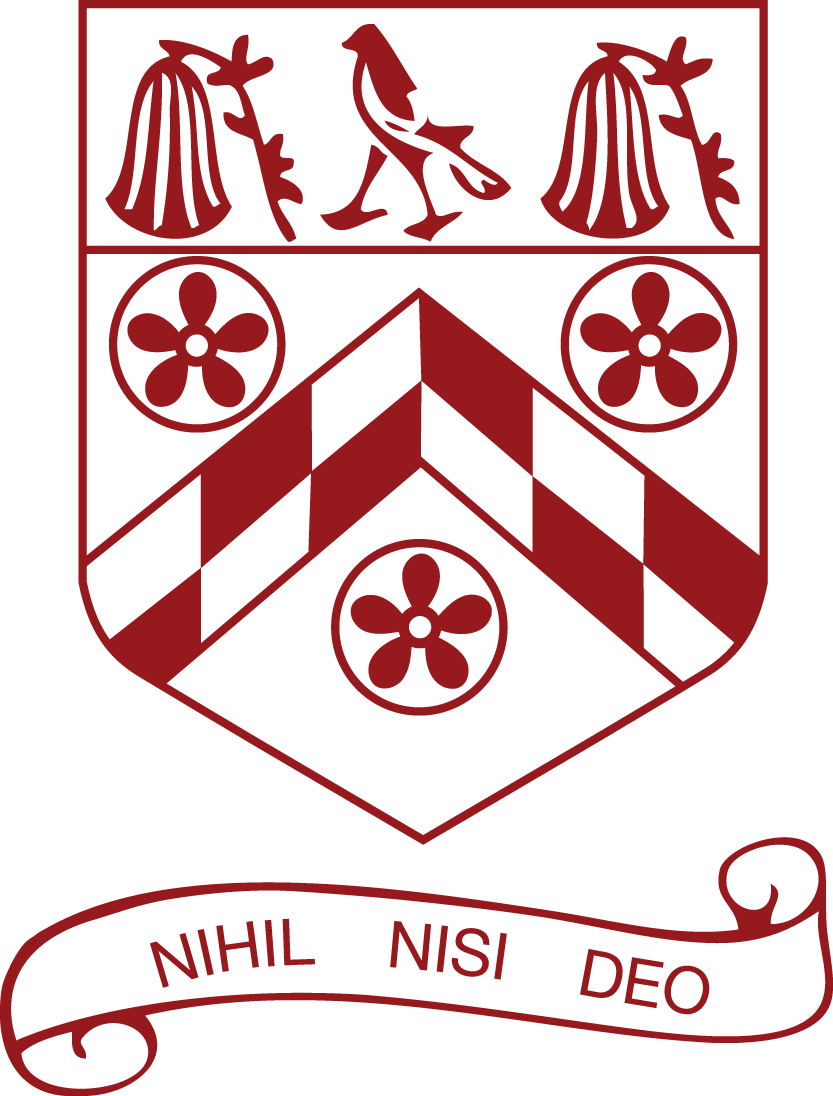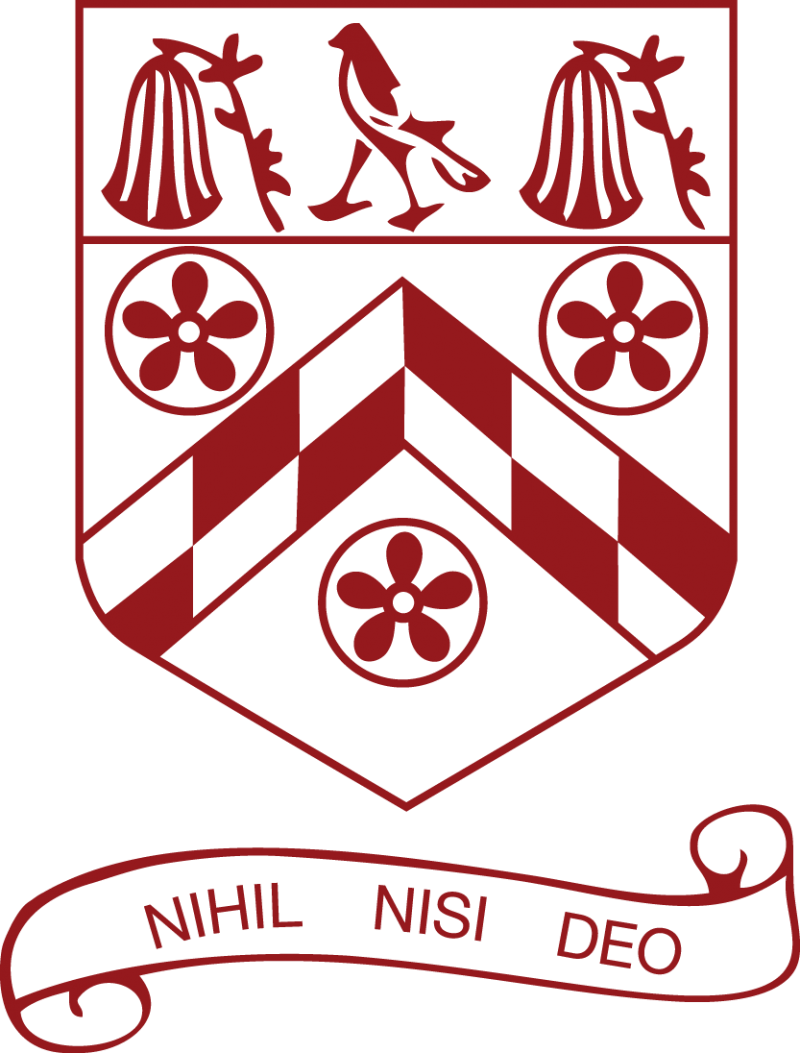Main School
Modern Foreign Languages
Modern foreign languages (MFL) is studied by all students in year 7 to 9. French and Spanish are taught in year 7 and 8. French is taught in year 9, 10 and 11 and is compulsory for all students in pathway 1. Students can choose to study French further, as their GCSE option choices, if they are in pathway 2 or 3. We also offer French at A Level and currently have two students in Year 13.
In addition, Polish is offered to all native speakers for GCSE and A Level.
“A different language is a different vision of life” – Federico Fellini
As a department, our intent is to ensure that our curriculum provides students with the effective opportunities to:
- create and develop enthusiastic and independent learners
- establish a learning environment that encourages students to feel confident about taking risks and developing informed opinions about the world around them.
- Provide pupils with a range of knowledge and understanding of topic specific vocabulary
- Build students’ communication skills in the target language through the teaching of grammar and specific language communication tools
- Understand that the study of a language is an important part of education as languages are part of the cultural richness of our society and underpins values such as tolerance and respect.
- learn about different cultures, understand how we are all different and respect other peoples’ languages and cultures, so that we can live together in a more harmonious way.
To support these values, our MFL curriculum is built to allow coverage of the four skills area (listening, speaking, reading and writing) across all year groups. The topics and skills that we cover in each year are filtered down into Key Stage 3 from the GCSE requirements. There is repetition of the topics and skills throughout our learning journey, but the work becomes more and more challenging each year as we get into depth in the students’ knowledge and understanding.
Teaching in KS3 builds on the foundations of language learning laid at key stage 2, whether pupils continue with the same language or take up a new one. Teaching focuses on developing the breadth and depth of pupils' competence in listening, speaking, reading and writing, based on a sound foundation of core grammar and vocabulary. It enables pupils to understand and communicate personal and factual information that goes beyond their immediate needs and interests, developing and justifying points of view in speech and writing, with increased spontaneity, independence and accuracy. It also provides suitable preparation for further study.
Key Stage 3 Curriculum Objectives:
To enable students to:
- understand and respond to spoken and written language from a variety of authentic sources
- speak with increasing confidence, fluency and spontaneity, finding ways of communicating what they want to say, including through discussion and asking questions, and continually improving the accuracy of their pronunciation and intonation
- can write at varying length, for different purposes and audiences, using the variety of grammatical structures that they have learnt
- discover and develop an appreciation of a range of writing in the language studied
French at GCSE aims to enable students to: develop their ability to communicate coherently with native speakers in speech and writing, conveying what they want to say with increasing accuracy, express and develop thoughts and ideas spontaneously and fluently, deepen their knowledge about how language works and enrich their vocabulary in order for them to increase their independent use and understanding of extended language in a wide range of contexts Acquire new knowledge, skills and ways of thinking through their ability to understand and respond to a rich range of authentic spoken and written material, including literary texts develop awareness and understanding of the culture and identity of the countries and communities where the language is spoken, and develop language learning skills to prepare them for further language study and use in school, higher education or employment.
Key Stage 4 Curriculum Objectives:
To enable students to:
- develop their ability to communicate confidently and coherently with native speakers in speech and writing, conveying what they want to say with increasing accuracy
- express and develop thoughts and ideas spontaneously and fluently
- listen to and understand clearly articulated, standard speech at near normal speed
- deepen their knowledge about how language works and enrich their vocabulary in order for them to increase their independent use and understanding of extended language in a wide range of contexts
- acquire new knowledge, skills and ways of thinking through the ability to understand and respond to a rich range of authentic spoken and written material, adapted and abridged, as appropriate, including literary texts
- develop awareness and understanding of the culture and identity of the countries and communities where the language is spoken
- be encouraged to make appropriate links to other areas of the curriculum to enable bilingual and deeper learning, where the language may become a medium for constructing and applying knowledge
- develop language learning skills both for immediate use and to prepare them for further language study and use in school, higher education or in employment
- develop language strategies, including repair strategies

